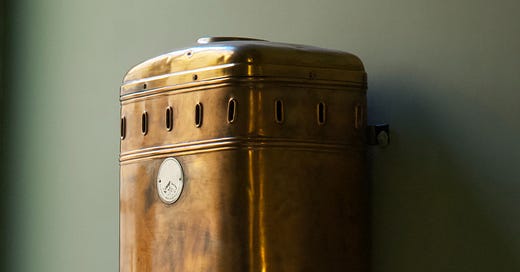Photo by Sies Kranen on Unsplash
Moderate procrastination is good for creativity, but too much procrastination leads to a short blog.
I’m going to get my excuses in early. We had our boiler replaced this week and discovered water gushing under the floorboards. Unsurprisingly I ran out of time to write. This week’s blog is a reminder that planned procrastination (it’s a thing!) is risky business.
It turns out there’s a sweet spot for creativity, moderate procrastination is good for our creativity because it creates an incubation period for the restructuring and activation of new knowledge. When we map the sweet spot out, the curvilinear relationship between creativity and productivity looks like hump.
Image source: https://selfdeterminationtheory.org/wp-content/uploads/2022/07/2021_ShinGrant_AMJ.pdf
Procrastination makes the most our distractibility (divided attention), and in the case of my blog I usually find my mind wandering to the topic I’ve chosen over the week. Sometimes I need to fill in some knowledge gaps with research, often I’m thinking about how I will explain a bit of research or a concept. I deliberately procrastinate, making little notes as I go along.
In theory this moderate procrastination is a great way to be creative.
In theory.
It doesn’t end well when another task has your undivided attention – for example, unexpected water leaks.
The easier is better illusion.
Procrastination is also fuelled by a few biases, firstly, we are terrible at predicting what will make us happy and often overestimate the enjoyment we get from easy tasks and undervalue the enjoyment from challenging tasks. Secondly, we falsely think that starting with the easiest tasks will lead to greater overall task completion.
Psychologically speaking, if you want to enhance task completion, doing the big and difficult tasks first (eating that frog) is very good advice.






